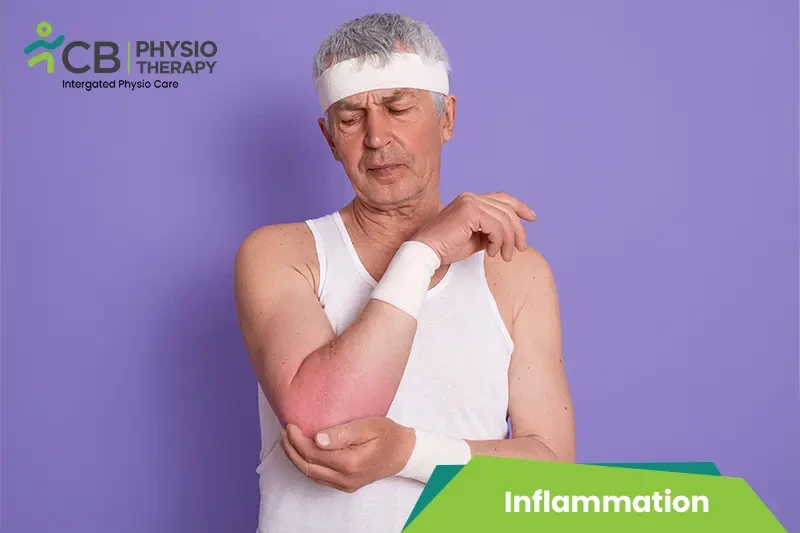
Inflammation is a natural defense mechanism of the body in response to injury, infection, or other harmful stimuli. It is a complex biological process involving the immune system, blood vessels, and various cells and molecules. The purpose of inflammation is to eliminate the initial cause of cell injury, clear out damaged tissue, and initiate healing.
Select your City to find & connect with our experts regarding Physiotherapy for Inflammation